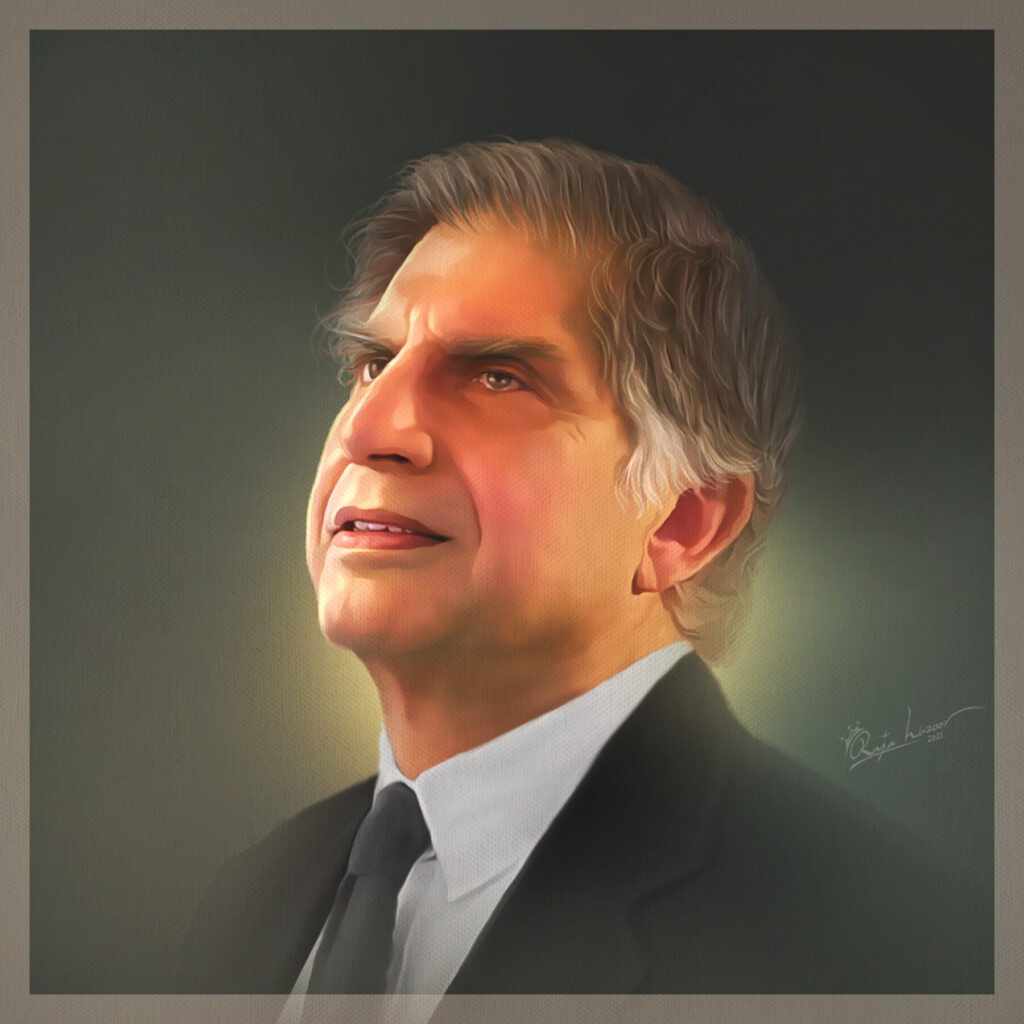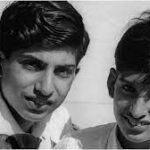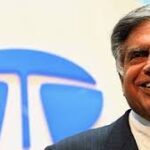Ratan-Tata-success-story- Bio, facts, Net Worth, Family, Age, Marriage, Career, Income, Property, Cars and Bikes Collection.

Ratan Tata Story - Bio, facts, Net Worth, Family and Career
It is an exemplary case of success. He is a well-known Indian investor, philanthropist, industrialist, and former Tata Sons chairman. Over his career, Ratan Tata has had incredible success. One of India's biggest businesses, the Tata Group, has been credited with becoming a global force under his leadership.


Some highlights about his life:
- Birth: His family were Parsi Zoroastrians and he was born on December 28, 1937 in Bombay during the British Raj. He is the son of Naval Tata, who was adopted into the Tata family after his birth in Surat, and Sooni Tata, the granddaughter of Jamsetji Tata, the founder of the Tata Group. Blood relation to the Tata family existed through Hormusji Tata, Tata's biological grandfather. Tata was raised and adopted by his grandmother Navajbai Tata, who was also the widow of Ratanja Tata when his parents divorced in 1948, when he was ten years old. Having grown up alongside his younger brother Jimmy Tata and half-brother Noel Tata, Naval Tata was raised by Simone Tata during his second marriage.
- Qualification: He completed his eighth grade from Campion School in Mumbai. He then attended the Bishop Cotton School in Shimla, the Cathedral and John Connon School in Bombay and the Riverdale Country School in New York, where he graduated in 1955. After high school, his father attended Cornell University, where he earned a degree. in architecture in 1959. Papa became the largest foreign donor in Cornell's history in 2008, giving $ .50 million to the university.
- Marriage life: Tata is single and doesn't have any kids. "I came close to getting married four times alongwith each time I backed off in fear or because of some reason or another," said Ratan Tata in 2011.


About his successful life:
Within the Tata group, Tata was appointed manager in the 1970s. He turned the subsidiary National Radio and Electronics (NELCO) around, and saw some initial success, but amid a recession, NELCO collapsed. He was designated as J. R. D. Tata's successor after he resigned as chairman of Tata Sons in 1991. The leaders of the several subsidiaries, who enjoyed considerable operational autonomy during the older Tata's reign, first put up a strong fight against Tata. As a reaction, Tata instituted several measures aimed at centralising authority, such as setting a retirement age, mandating that companies report directly to the group headquarters, and asking them to use their profits to bolster the Tata group brand. Tata gave young people more responsibility and gave priority to innovation. Under his direction, the organization exited unrelated businesses to face globalization and consolidated overlapping functions across subsidiaries into company-wide operations.
Over the course of Tata's 21-year leadership of the Tata Group, profits increased by over 50 times and revenues by over 40 times. Commodity sales made up the majority of sales when he took over the company, but by the time his term was over, brands accounted for the majority of sales. He got Tetley acquired by Tata Tea, Jaguar Land Rover acquired by Tata Motors, and Corus acquired by Tata Steel. With almost 65% of revenues from operations and sales abroad, Tata has been repositioned as a global firm as a result of these acquisitions, having previously been mostly an India-centric group. Along with conceptualizing and leading the development of the Tata Nano, he also helped bring cars within the budget of the typical Indian consumer. Since then, Tata Motors has begun producing Tigor Electric Vehicles at its Sanand Plant in Gujarat. The company has referred to this as "fast-forwarding India's electric dream."
On December 28, 2012, Ratan Tata, who turned 75, resigned as the Tata group's executive chairman. Media attention was focused on a leadership crisis that followed regarding his succession. Cyrus Mistry, a Tata relative and the son of Pallonji Mistry of the Shapoorji Pallonji Group, which was the Tata group's largest individual shareholder, was not appointed by the board of directors or the legal division of the firm. Ratan Tata took over as Tata Sons' acting chairman on October 24, 2016, following Cyrus Mistry's resignation. To pick a replacement, a selection committee was established, of which Tata was a member. Natarajan Chandrasekaran was appointed chairman of Tata Sons on January 12, 2017, having taken up the position in February of the same year. Mistry lost her position as a Tata Sons director in February 2017. In December 2019, the National Company Law Appellate Tribunal ruled that Cyrus Mistry's dismissal from Tata Sons as chairman was unlawful and mandated his reinstatement. The Supreme Court of India affirmed Cyrus Mistry's dismissal after an appeal.
Tata has also used his personal riches to invest in a number of businesses. One of the top e-commerce sites in India, Snapdeal, is where he has invested. He made investments in CashKaro.com, a website that offers discount coupons and cash-back, and Teabox, an online retailer of premium Indian tea, in January 2016. He has made a few minor investments in Indian startups and established businesses, including INR 0.95 Cr in Ola Cabs. It was announced in April 2015 that Tata had purchased stock in Xiaomi, a Chinese smartphone company. He made an investment in Nestaway in 2016, which went on to launch Dogspot, an online marketplace for real estate and pet supplies, after acquiring Zenify. In an effort to promote friendships between generations, Tata also founded Goodfellows, India's senior citizen companionship startup."
What we should learn from his life:
- Never losing hope in yourself and having faith in your judgment.
- Encourage collaboration as well as confidence inside the company.

